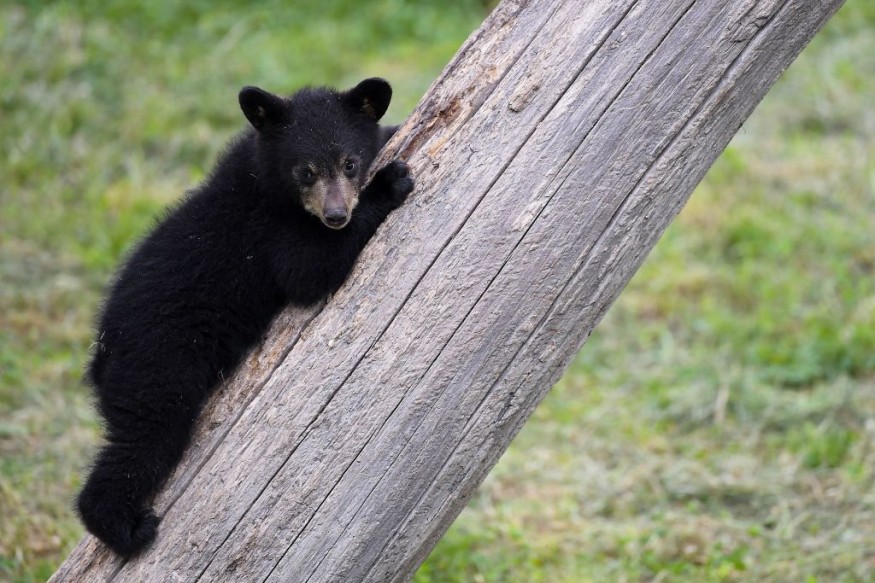Animals get high, just like humans, from drugs and other related chemicals.
This fact has been evident in the past several decades, wherein both anecdotal evidence and documented cases show wild animals, such as bears and pets like dogs ingest narcotics, prescriptive drugs, and even alcohol beverages.
There are instances animals also die due to overdose or excessive drug intake.
One of the most notable cases of animal overdose is shown in the ongoing theatrical movie entitled "Cocaine Bear" this February 2023.
The film is based on a true story about a black bear named "Pablo Eskobear" or the Cocaine Bear, which consumed a large amount of a lethal smuggled drugs in the United States back in 1985 after a parachuting airborne smuggler dropped his goods from a small plane.
The 1985 incident will be followed by related cases in the succeeding decades, wherein they were observed by scientists and enthusiasts to determine the science how animals get intoxicated too.
Cases also include laboratory experiments involving rats.
This is revealed by several studies in the field of animal science, which explains that animals, especially mammals, are also vulnerable from drugs.
Can Animals Get High?

For years, inquiries regarding if animals can get high and addicted to drugs like the cocaine bear.
However, the answer to this question has always been a resounding, yes!
Starting in 2019, there has been a large number of calls about owners reporting their pets eating weed or marijuana, highlighting a 765% increase over a 10-year period, according to the Animal Poison Control Center (APCC), which is under the American Society for the Prevention of Cruelty to Animals (ASPCA).
Each year, thousands of household pets have been reported gained access from their owners' drugs, which are commonly over-the-counter medication, according to the New York City-based magazine Popular Mechanics.
Marine biologist Christie Wilcox, wrote to Discover Magazine that a substantial amount of tetrodotoxin is 120,000 times as deadly as cocaine and other drugs, arguing curious, big-brained mammals like dolphins could explore puffer fish and get exposed to the said toxin, as cited by the BBC.
This means that toxins or chemicals within both natural drugs like from the marula fruit and man-made drugs are also proven to be detrimental to an animal's brain, even large mammals like elephants and monkeys.
A 1984 study showed that elephants were happy to consume 7% of alcohol solution and some drank intentionally to alter their behavior, the BBC reported.
Pablo Eskobear
In 1985, an Associated Press article said that investigators found that the cocaine bear, which weighed over 150 pounds, died from consuming 40 packages of cocaine valued at $20 million at that time.
The smuggled drugs was dropped from a plane by a former Kentucky narcotics investigator, who fell to his death from a parachuting disaster in Tennessee after the load he was carrying was too heavy, according to Gary Garner from the Georgia Bureau of Investigation.
It was during this incident when approximately 300 pounds of cocaine got scattered across the Blue Ridge Mountains, believed to be the natural habitat of Pablo Eskobear.
Cocaine Bear Movie
For the sake of entertainment, the "Cocaine Bear" movie adapted the 1985 black bear intoxication incident and exaggerated it, which has already proven effective as it garnered $28 million in its opening weekend.
It is also an indication that people will pay substantial money to watch an animal get high.
Released on February 24 in the US, the movie is a thriller/action involving people who find themselves in the middle of a drug-fuel rampaging 500-pound bear, which consumed a significant amount of cocaine in a Georgia forest.
Related Article : Nature's Junkies: Drugs, Alcohol, and Why Animals Use Them [FEATURE]
© 2025 NatureWorldNews.com All rights reserved. Do not reproduce without permission.





